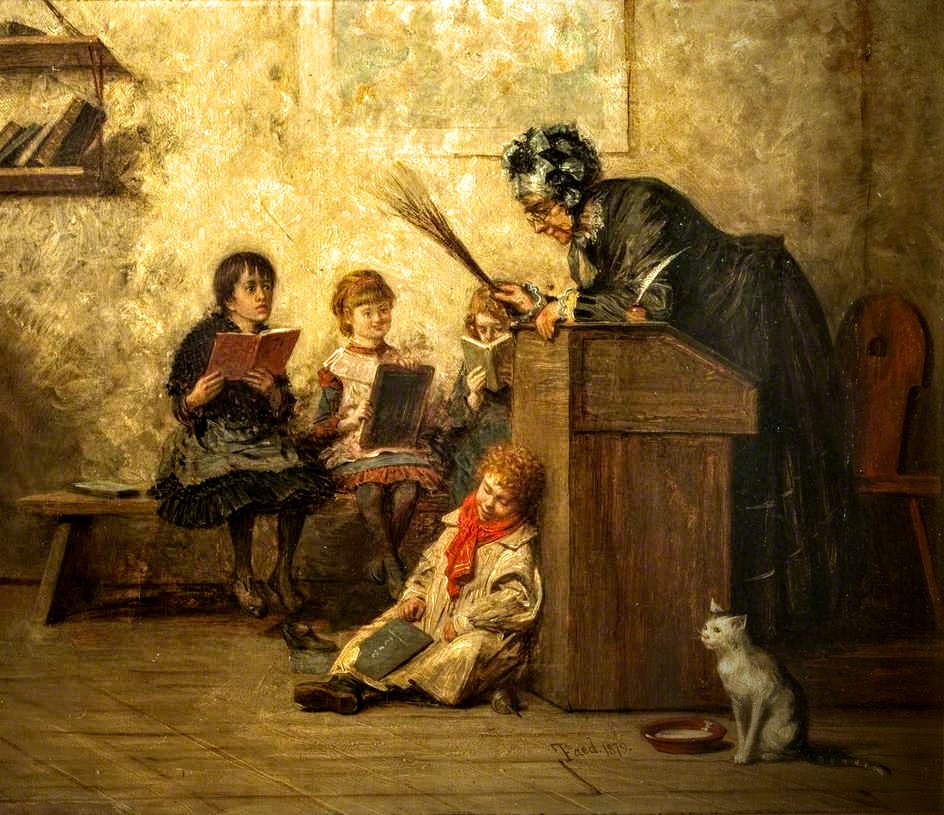
My Mother Tongue, My Identity
What is Mother Tongue?
Merriam Webster defines Mother Tongue as one’s native language. Also, the Cambridge dictionary defines as the first language a person learns to speak. Contemporary linguist and educators use L1 for Mother Tongue and L2 for the second language.
What is Identity?
Cambridge defines Identity as the fact of being who a person is or the qualities of a person or group that makes them different from others. Nelson Mandela says “If you talk to a man in a language he understands, that goes in his head. If you talk to him in his language, that goes to his heart.”
Oliver Wendell Holmes Sr. also clearly stated that “language is the blood of the soul into which thoughts run and our of which they grow.”
The definition itself tells us how important and unique our mother tongue is. It is not only the first language but a speaker’s ability to master its linguistic and communicative aspects. Languages, with their complex implications for identity, communication, social interaction, education and development are of strategic importance for people and the planet. Yet due to globalization processes, they are increasingly under threat, or disappearing altogether. When languages fade, so does the world’s rich tapestry of cultural diversity. Opportunities, traditions, memory, unique modes of thinking and expression – valuable resources for ensuring a better future are also lost. Languages are the most powerful instruments of preserving and developing our tangible or intangible heritage.
Learn more about this topic by reading this article on Eastern Mirror.
After reading “My Mother Tongue, My Identity” you can check important issues for ESL teachers on the section PDFs.
